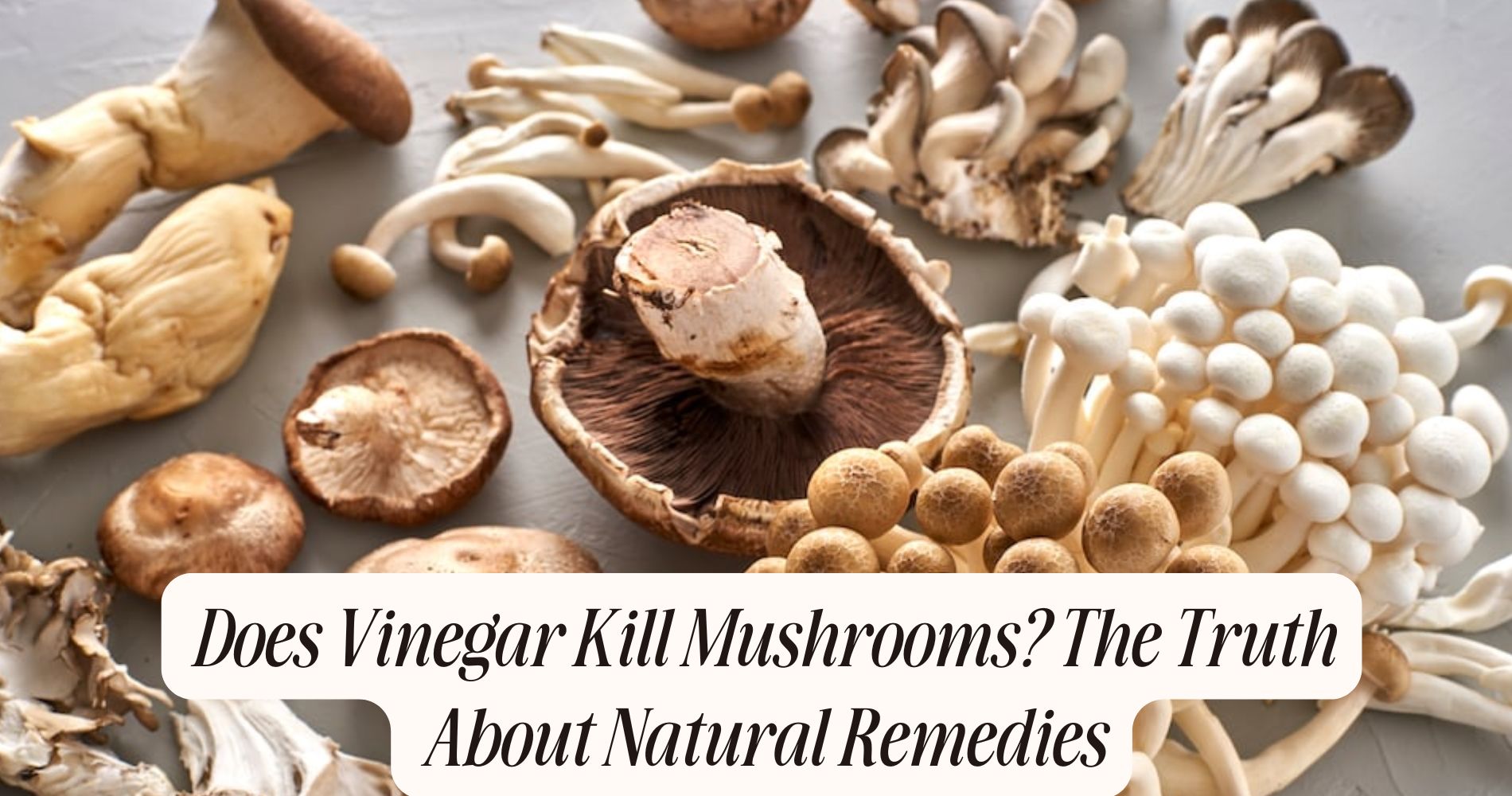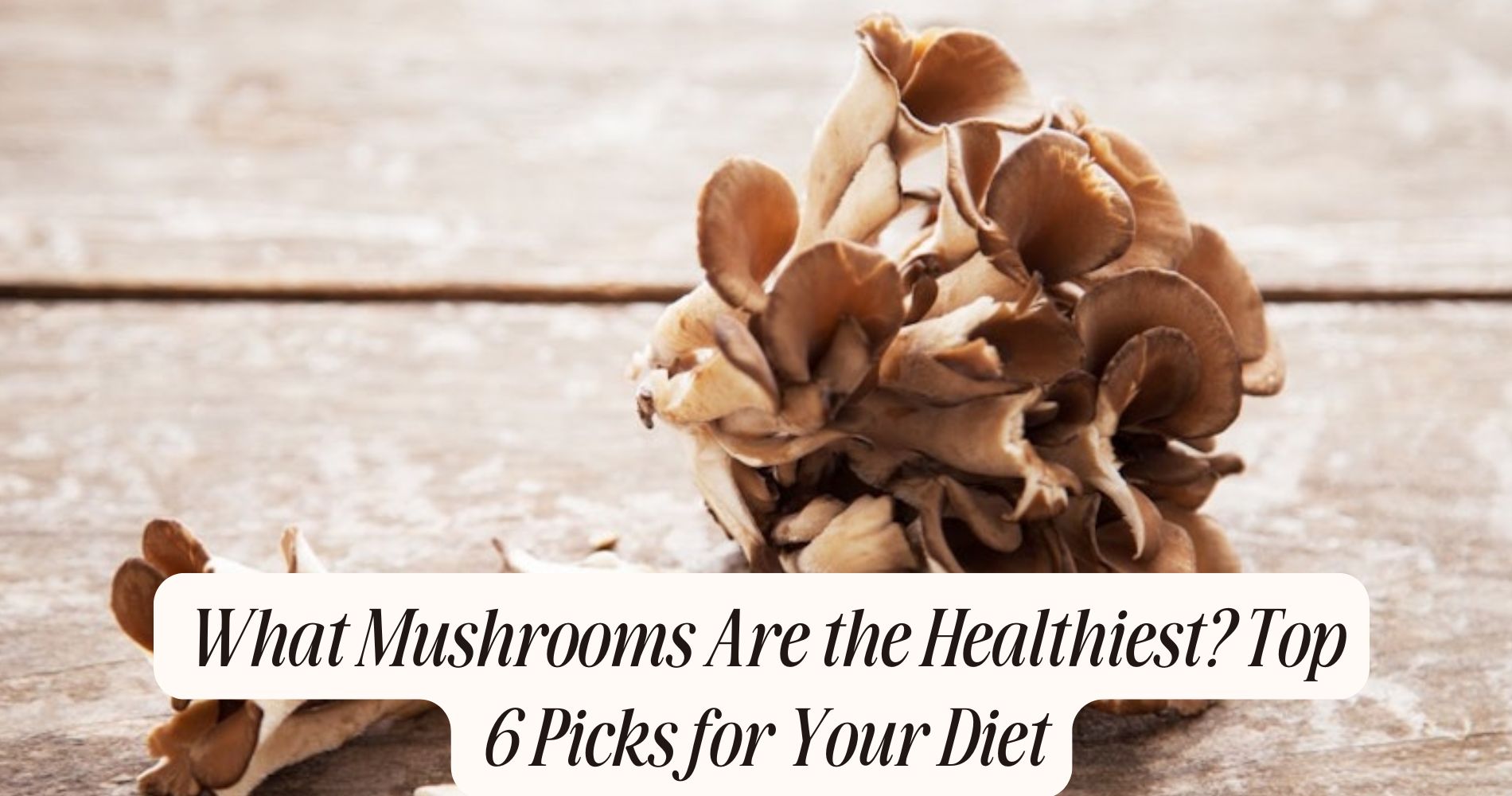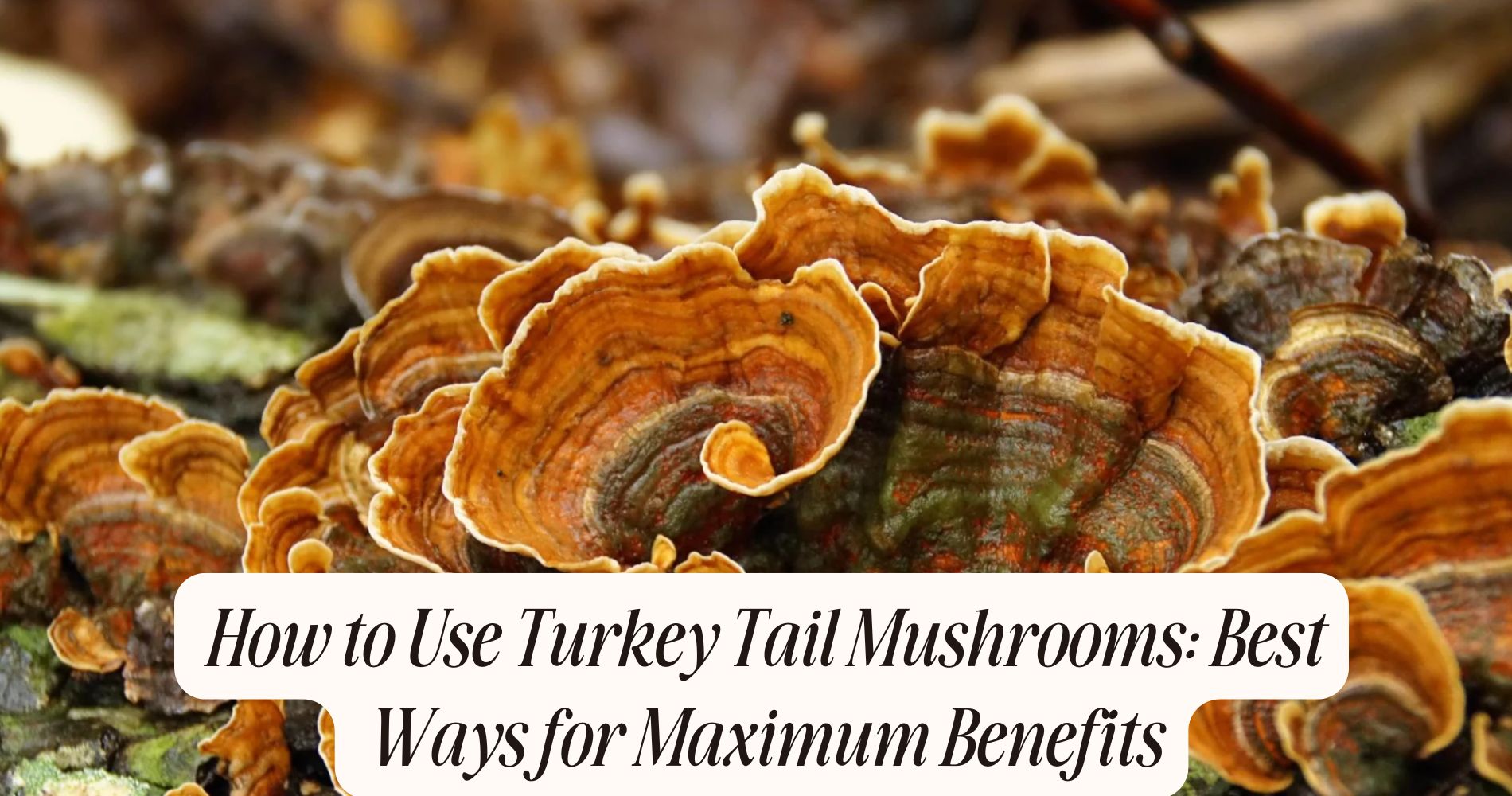
Does Vinegar Kill Mushrooms? The Truth About Natural Remedies
Does vinegar kill mushrooms? Vinegar can kill some mushrooms, but its effectiveness varies based on the acetic acid concentration you use. Household vinegar, which contains about 5% acetic acid, might not be strong enough for tough mushrooms, while higher concentrations (around 20%) can be more effective. It's crucial to apply it precisely and consistently, as vinegar may harm beneficial organisms and might not eliminate deeper roots or spores. Curious about other natural remedies or tips? There's more to explore!
Understanding the Composition of Vinegar
When you think about vinegar, you might picture a tangy liquid used in cooking or as a cleaning agent, but its composition reveals much more.
Primarily, vinegar consists of acetic acid, which typically makes up about 5-20% of its content, depending on the type. This organic compound not only imparts vinegar's distinct flavor but also plays a significant role in its acidity.
The pH levels of vinegar usually range between 2 and 3, making it quite acidic. This acidity contributes to vinegar's preservative properties and its effectiveness as a natural cleaning agent.
Understanding these elements helps you appreciate vinegar's versatility and how its chemical makeup can influence various applications, from culinary uses to household cleaning solutions.
How Vinegar Affects Mushrooms
While you might primarily think of vinegar as a cooking staple, it actually has a fascinating effect on mushrooms. Different vinegar types, like white or apple cider vinegar, can influence mushroom biology in various ways.
The acetic acid in vinegar can alter the pH levels of the environment, impacting fungal growth and development. Mushrooms thrive in specific conditions, and introducing vinegar may disrupt their natural processes.

Additionally, some studies suggest that vinegar can inhibit spore germination and mycelial growth, although results can vary based on vinegar concentration.
It's important to remember that while vinegar may affect mushrooms, it's not a catch-all solution. Understanding how vinegar interacts with mushroom biology is vital for effective management in gardening or foraging contexts.
Effectiveness of Vinegar as a Fungicide
Although many gardeners seek natural solutions for managing fungal issues, vinegar's effectiveness as a fungicide can vary.
Research shows that the antifungal properties of vinegar depend largely on vinegar concentrations. Higher concentrations, typically around 20%, can be more effective against certain fungi compared to standard household vinegar, which is usually 5%.
In a fungicide comparison, vinegar may show promise against surface molds and mild infestations, but it mightn't eradicate more resilient fungal pathogens.
While vinegar can serve as a supplementary treatment, it's crucial to take into account other options for severe infestations.
Always test on a small area first to verify it won't harm your plants, and remember that consistent application can yield better results.
Limitations of Using Vinegar for Mushroom Control
Vinegar may offer some antifungal benefits, but it comes with notable limitations when it comes to mushroom control.
First, the vinegar concentration plays an essential role; most household varieties contain only 5% acetic acid, which mightn't be potent enough against tougher mushroom types. Some fungi may resist vinegar, especially those that thrive in moist environments.

Additionally, while vinegar might kill some surface-level mushrooms, it won't address the root system or spores in the soil, allowing them to regrow.
Finally, using vinegar indiscriminately can harm beneficial organisms in your garden, disrupting the ecosystem.
Best Practices for Applying Vinegar
How can you effectively use vinegar for mushroom control in your garden? Start by selecting the right vinegar concentration—ideally, a solution with at least 5% acetic acid. This strength is effective yet safe for most plants.
To apply, consider using a spray bottle for targeted application. Make sure you spray directly on the mushrooms, focusing on the caps and surrounding area.
Timing matters too; early morning or late afternoon is best, as cooler temperatures enhance vinegar's effectiveness. Avoid applying on windy days to prevent drift onto desirable plants.
Finally, repeat the application every few days until you see results. By following these best practices, you can maximize vinegar's potential as a natural remedy for mushroom control in your garden.
Alternative Natural Remedies for Mushroom Removal
While vinegar is a popular choice for mushroom control, several alternative natural remedies can help manage unwanted fungi in your garden.
One effective option is garlic extract, which not only deters mushrooms but also offers additional benefits for your plants. Simply create a garlic solution by steeping crushed garlic in water, then spray it on affected areas.

Essential oils, like tea tree or eucalyptus oil, are another powerful remedy. Their antifungal properties can inhibit mushroom growth when diluted in water and applied to the soil.
Try mixing a few drops of essential oil with water and spraying the affected areas regularly. By using these natural solutions, you can effectively control mushrooms while promoting a healthier garden ecosystem.
When to Seek Professional Help
If you notice persistent mushroom growth despite your best efforts with natural remedies, it might be time to seek professional help.
Signs of infestation can include an overwhelming presence of mushrooms in your yard or home, unpleasant odors, or even mold growth. These symptoms can indicate underlying moisture issues or decaying organic matter that you may not be able to address alone.
Professional treatment can effectively eliminate the problem and prevent future occurrences. Experts can assess the situation, identify the root cause, and recommend appropriate solutions tailored to your specific needs.
Don't hesitate to reach out for help if you're overwhelmed; addressing mushroom infestations promptly can save you time, effort, and potential damage to your property.
Fuel Your Body with the Power of 10 Mushrooms
Looking to harness the health benefits of mushrooms without the hassle of cooking? Well Gummies’ SUPER MUSHROOM GUMMIES make it effortless! Packed with 10 functional mushrooms, these delicious wild berry-flavored gummies provide a natural energy boost, sharper focus, and immune support—all in a convenient chewable form. Unlike vinegar, which can eliminate unwanted fungi, these mushrooms are here to fuel your body and mind. No jitters, no crash—just clean, balanced energy. Try them today and experience the natural power of mushrooms in the easiest way possible!
Frequently Asked Questions
Can Vinegar Harm Other Plants in the Garden?
Yes, vinegar can harm other plants in your garden, especially at high concentrations. Different plants have varying sensitivities to acidity, so it's essential to test and apply vinegar carefully to avoid damaging your beloved greenery.
Is There a Specific Type of Vinegar That Works Best?
When you're considering vinegar types, apple cider vinegar and white vinegar are popular options. Apple cider's acidity can be effective, but white vinegar is often stronger, making it more effective for treating unwanted mushrooms in your garden.
How Often Should Vinegar Be Applied for Effectiveness?
For effective results, you should apply vinegar regularly, ideally every few days. Use proper dilution ratios, like one part vinegar to three parts water, to guarantee it's safe for plants while targeting unwanted growth.
Can Vinegar Prevent Mushroom Growth in the Future?
Yes, vinegar can help with mushroom prevention in your garden. By applying it regularly, you create an acidic environment that discourages fungal growth, promoting overall garden health and reducing the chances of future mushroom infestations.
Are There Any Safety Precautions When Using Vinegar?
When using vinegar application, always follow safety guidelines. Wear gloves to protect your skin, guarantee proper ventilation to avoid inhaling fumes, and test on a small area first to prevent unintended damage to surfaces.
Conclusion
To sum up, vinegar can be a helpful option for controlling mushrooms, but it's not a guaranteed solution. While its acidic properties can affect fungal growth, its effectiveness varies based on the type of mushroom and application method. If you're dealing with a persistent mushroom problem, consider combining vinegar with other natural remedies or seeking professional help. Remember, understanding the limits of vinegar is key to managing your garden effectively while keeping it healthy and thriving.




